Frances Quinlan Tells Her Most Vibrant Story Yet on Solo Debut
Last month, Frances Quinlan of Hop Along released her first solo album in 15 years. On Likewise, she presents a soundscape of her journey.
Fifteen years ago, Frances Quinlan released Freshman Year as Hop Along, Queen Ansleis, an acoustic freak-folk album of Quinlan’s incredible tales accompanied by limited percussion, experimental trinket-like embellishments, and a whole lot of wooden percussion frog. In 2005, Quinlan’s unprecedented vocals and storytelling on Freshman Year, and her enchanting albeit stripped down solo performances in basements and community centers, felt like an entirely new world of women in music had cracked open.
In the 15 years since the release of Freshman Year, Quinlan has fronted the indie rock outfit Hop Along. Operating as a collaboration between her and her bandmates with Quinlan as the main songwriter, Hop Along has released three full-length albums since 2012. In January, Quinlan stepped out on her own with Likewise, her debut solo album under her own name and released by Saddle Creek Records, which includes two Hop Along songs that didn’t fit on the band’s 2017 release, Bark Your Head Off.
Experimenting outside of the guitar—with the inclusion of classical stringed instruments, piano, synthesizer, and her ever-purposeful lyrics—Quinlan has painted a fully-realized soundscape of her musical journey on Likewise. Having known Quinlan since before the official release of Freshman Year, it was a pleasure to speak with her about the making of her solo release, continuing to learn how to collaborate, and navigating the vulnerable stories we tell ourselves.

Likewise plays like a portrait of where you started and where you are now. It really seems to encompass your journey as a songwriter.
You saw the beginning, that’s the crazy thing. I had only been playing guitar for three years when I met you. I remember when Phil Douglas [guitarist, engineer] was mixing Freshman Year, I was like, “Hey, make it sound like Hidden Vagenda [by Kimya Dawson].” Really, really lo-fi with distortion. Like Neutral Milk Hotel, too. They were just doing their best with what they had—it wasn’t much.
You think of the radio, and you think of the super compressed, big production. And I was like, “That’s corporate… I’m not corporate.” [Laughs.] But now I hear albums from the ‘70s and I’m like… too bad I didn’t like Fleetwood Mac when I was a kid.
But I love that you were there. You saw the journey, and you’re one of the few.
I can’t believe it’s been so long since we first met, when you were on tour with Hop Along Queen Ansleis playing solo. I’m wondering—having started out playing solo, and then playing for so many years with the band as Hop Along, why did you decide to go solo again for Likewise?
Honestly, it was accidental. Here and there I’ll play solo shows, and every Hop Along record has some songs that are just me, so it’s not completely alien. But basically what happened was we were working on Bark Your Head Off in 2017, and it was initially 11 songs, and two of those songs were “Went to LA” and “A Secret.” We found out the record was too long, it would have to be a double LP for the sound to not be degraded, and I was so upset. We talked about making those two extra songs B-sides, but the more I thought about it, I realized they weren’t really B-sides.
In a few years, I will have been in Hop Along for half of my life, which is very strange to me… I just want to have flexibility as a writer. And having those two songs, I knew I didn’t want them on a seven-inch, I didn’t want them to disappear into the ether as some side thing, because I have been working on them since 2013. And at the time, during the release of Bark Your Head Off, I was so eager to put them out, and my management suggested putting them on a whole record.
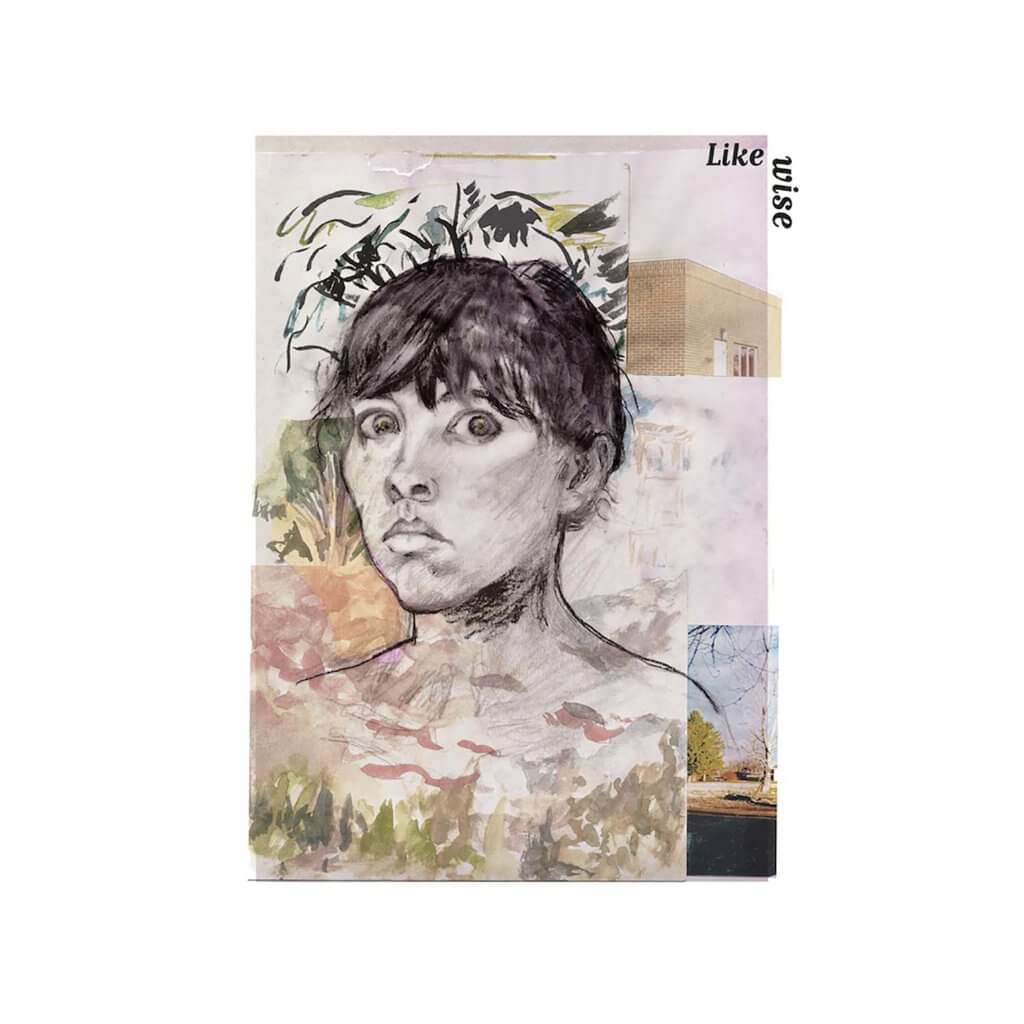
What role did guitar play for you on this record?
It’s what I use to write. I love the guitar, and I know how to play it, compared to anything else, so that’s what I play. We jumped around with sound on Likewise, because with Hop Along I generally have a crunchy, rhythm sound. For this record, we used a 12-string acoustic, a slide… It’s all for mood setting.
But the fun thing about the solo record, which Joe [Reinhart, drummer in Hop Along, engineer/producer] helped me realize very quickly, is that the guitar is a vehicle. For the studio, it’s not necessary to hold the whole thing down. Going into it, I knew I didn’t want to make an album that was just me and guitar.
I’ve come to realize over the years that there are no rules. When Hop Along released Get Disowned, people were upset. They were like, “Why is it a full band? I liked Queen Ansleis.” And some people think that Freshman Year was made by the band, and I’m like, “What do you think Mark [Quinlan, brother and drummer in Hop Along] played? The toy whistle? The frog?”
And now I’m like, “Wow, there’s a lot of frog on Freshman Year. We really could have chilled on the frog.” [Laughs.]
With Likewise, it sounds like you’re back to having that freedom again—if you want the frog, you’ll have your fucking frog.
Songs I write for just me tend to stay much closer to their original form than songs I bring to the band. There are just some songs that I write and think, “This is the feeling, it’s here.” And I wanted to stick with that for “Went to LA” and “A Secret.”
Often times, with songs I bring to the band—because we come from such different backgrounds and have different instincts—the vibe will change completely. Our band is so heavy on editing, demoing, and reshaping. I’m still the songwriter of Hop Along, but we arrange as a group. It’s a collaboration. And the wonderful thing about Hop Along is that it’s taught me so much on what it takes to be a collaborator.
Actually, maybe we’ve talked about this before… The Writing Life by Annie Dillard?
Yes, we have! What an incredible book.
It’s so good, and I love how much she talks about editing, and how important it is to not fall so in love with your work.
And how sometimes you have to throw out an entire work and start fresh.
It’s a brutal thing. I’ve done that, and I’ve also not done it and regretted it later. Like the frog, for example. I could have really done without being so in love with that fucking frog. [Laughs.] I remember being so uncompromising, and now I can hear the lack of compromise.
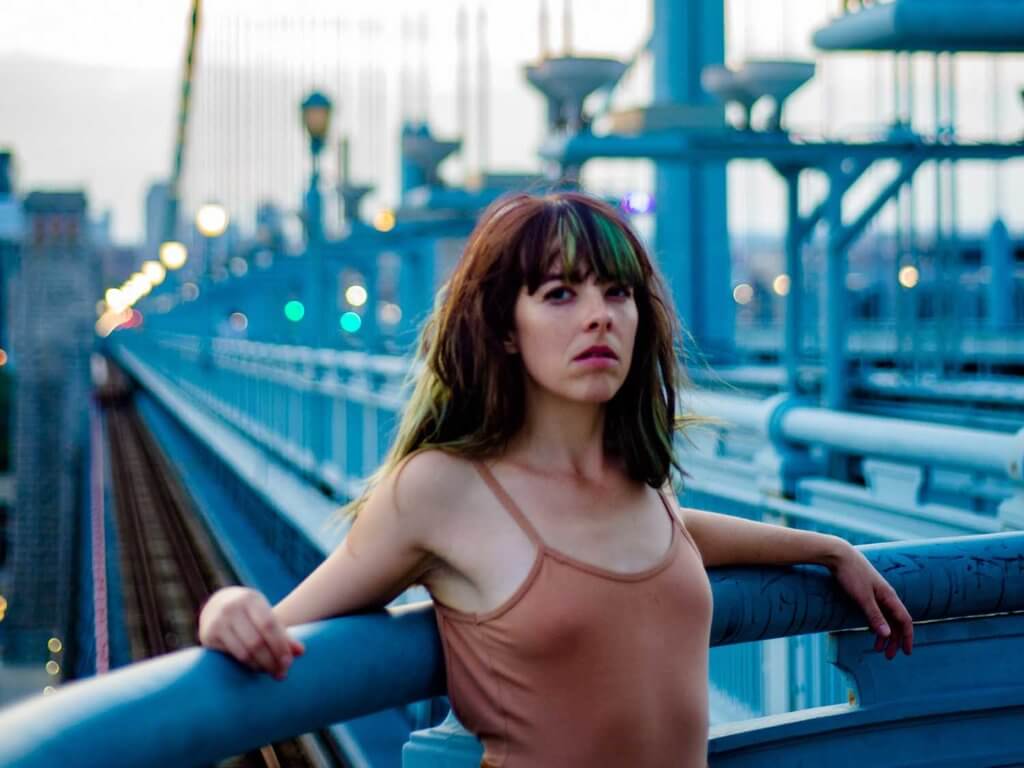
So yeah, Hop Along taught me about collaboration. And the solo record still has collaboration within it. I don’t think I told anybody to play certain notes, because I can’t. I don’t know the notes. Like Molly Germer, who plays violin on Likewise—I just told her the feel I was looking for.
Speaking of strings, I wanted to talk to you about “Detroit Lake.” That song is like listening to a film; between the lyrics and the instrumentation—especially when Mary Lattimore’s harp comes in—it’s so visual.
For that song, both Joe and I were talking about great Homogenic by Bjork is…
[Lifts up sweater to show Bjork t-shirt underneath.]
Oh my god, dude! [Laughs.] That’s amazing… See? Worlds collide all the time…
But yeah, we were both influenced by Bjork, and that song was a heavy collaboration with Joe. I knew I wanted strings on that one, and I played drums on the chorus, and Joe came up with that crazy synth pattern. He has these really strong instincts, and he knows what I like, so major credit goes to him. And then Molly with the violin parts, and Thea Mesirow on cello, and Mary on harp… like a band, but really unruly. And it all happened in the studio. I was like, “I didn’t know a song I wrote could sound like this.”
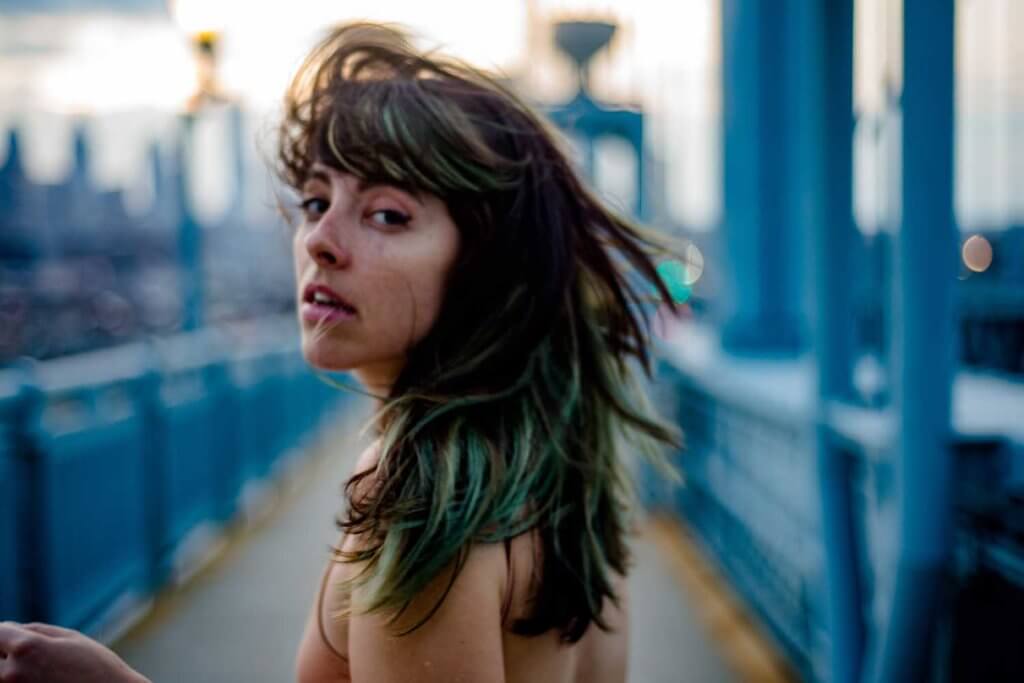
The first single, “Rare Thing,” was written about your niece, Ruby. And the lyrics, “I only managed to stay small by making giants out of strangers,” really resonated with me.
Ruby is such a rad kid. She lacks a certain kind of fear, which hopefully will stay that way. I wrote that line in the studio… the chorus wasn’t working, the song was changing, and I got really mad and wrote that line down.
It’s interesting: I’m meek, but I also have a lot of pride, which I didn’t realize. For the longest time, I thought I was an introvert because I like being alone a lot, and I do all my creative work alone. But then I was told that introverts and extroverts, it’s about where they get their energy from. Extroverts get their energy from other people, and I thought, “Ohhh… validation. I’m an extrovert!” It’s so important that I be approved of by someone. And I think that’s what makes people giant for me; I make their judgement the biggest, most important thing, rather than what feels inherently right to me. And even if I’m wrong, I’m not thinking about how they feel or are impacted, I’m thinking about what they think of me—which is still completely self-oriented. It’s so useless. There are so many stories I tell myself. But Ruby’s not like that.
It’s so hard to train your brain to think the other way, to not go to a negative place immediately when it comes to the stories you tell yourself about other people, especially when it comes to writing music.
You’re giving them all of this power, and yet it’s power that they can’t even really access. They don’t even have any clue that you are giving them that power. It’s this hanging, strange force. All of these untruths that I’m obsessed over, and been imprisoned by. Creating my own weights that I carry that no one gave me—it’s lonely, and it makes you feel nuts.
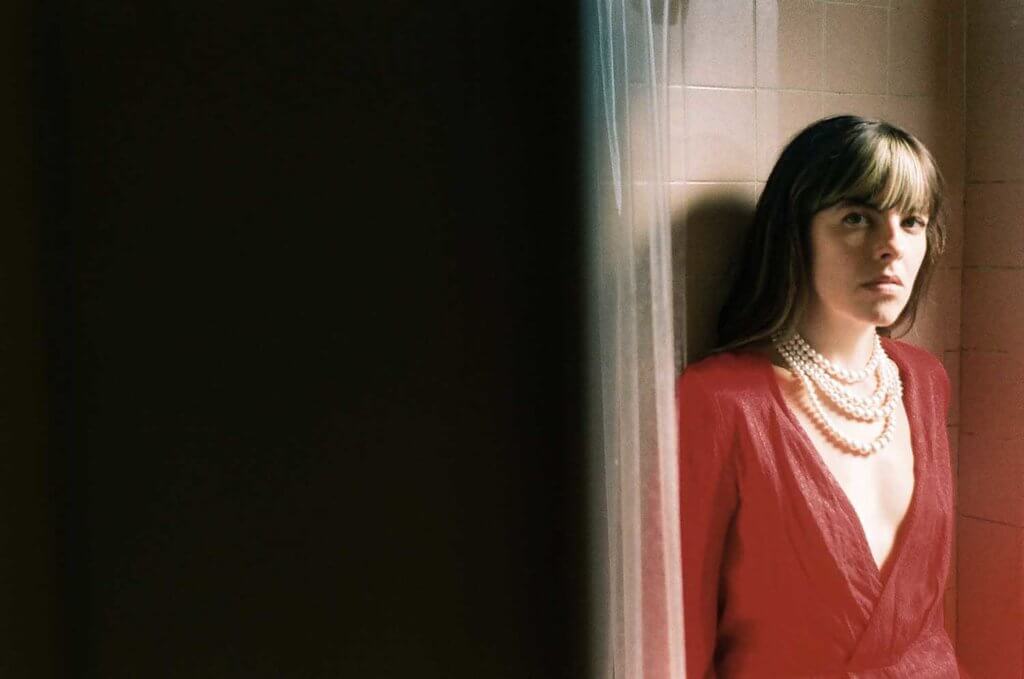
Speaking of loneliness, “Went to LA” evokes so much of that feeling. So many of your songs are about human interactions and connection, but that one feels so isolated
I wanted it to have a hopeful edge, too, which is where the ending comes in: ”Heaven is a second chance.” When I was working on that song, I got really angry about something, and the second verse got really dark. It was really mean. I wrote, “Men always end up telling you the truth,” and it’s a little bit Alanis Morrisette-y. It’s the most bitter song, but that’s okay because it’s in warmer company.
I’ve been living alone for the first time in the last year. “Now That I’m Back” came out of a breakup, but it’s not about that. I was suddenly living alone, and finding myself being anxious in a way that I was not accustomed to, not trusting myself with anything. So there are some songs that get into this frenzied loneliness of just actually living with yourself, but in this very unkind and untrusting way. And with “Went to LA” there’s also that idea of where you go, there you are.
What do you hope listeners take away from Likewise?
I love that you mentioned it feeling like a film. That’s always been a goal, to immerse people in an environment of some kind, like it’s a journey you’re taking.
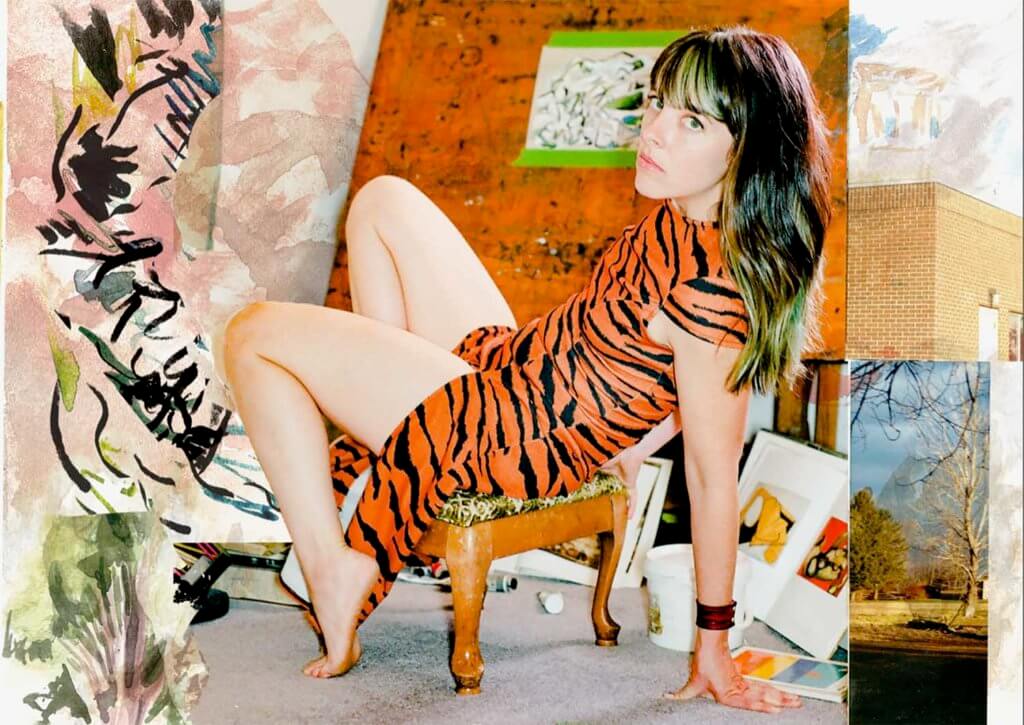
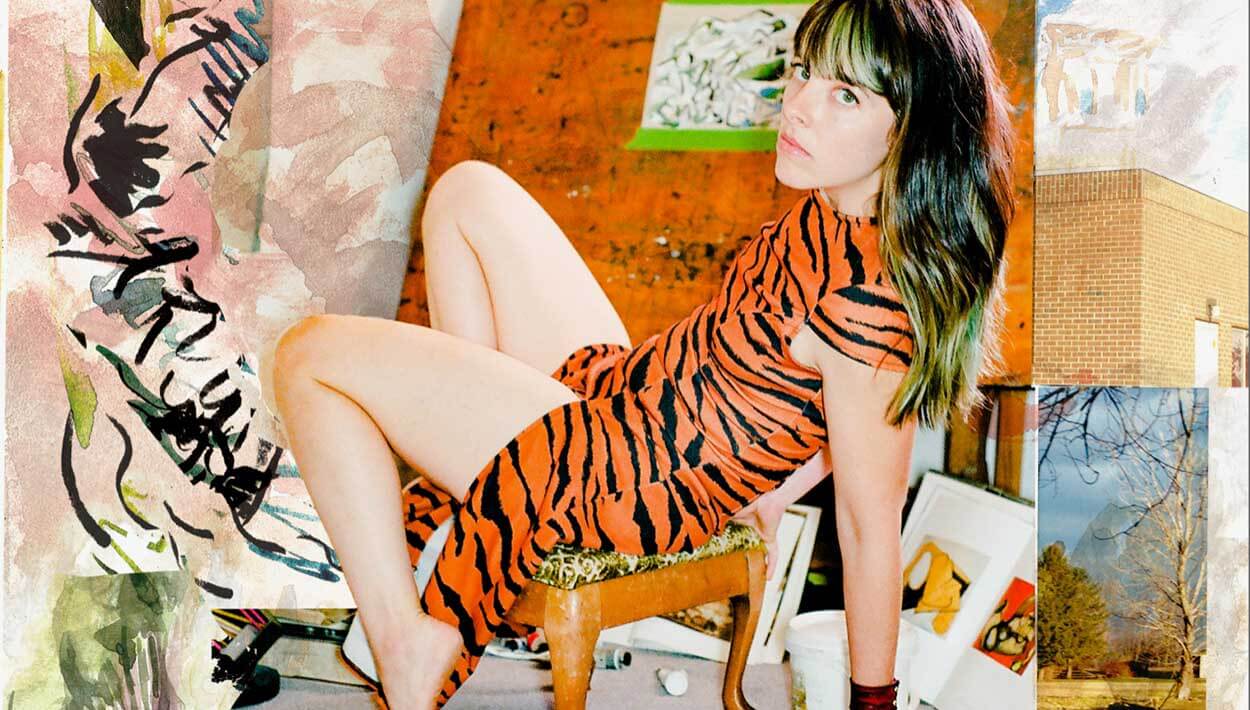

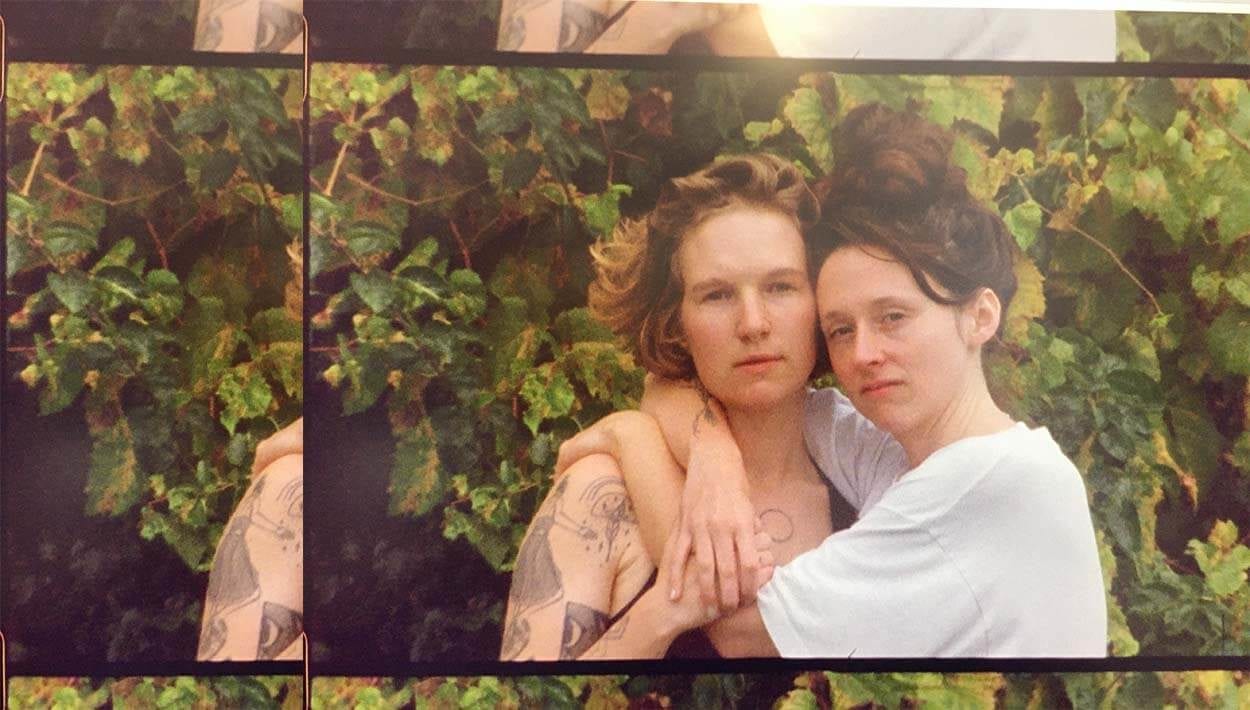
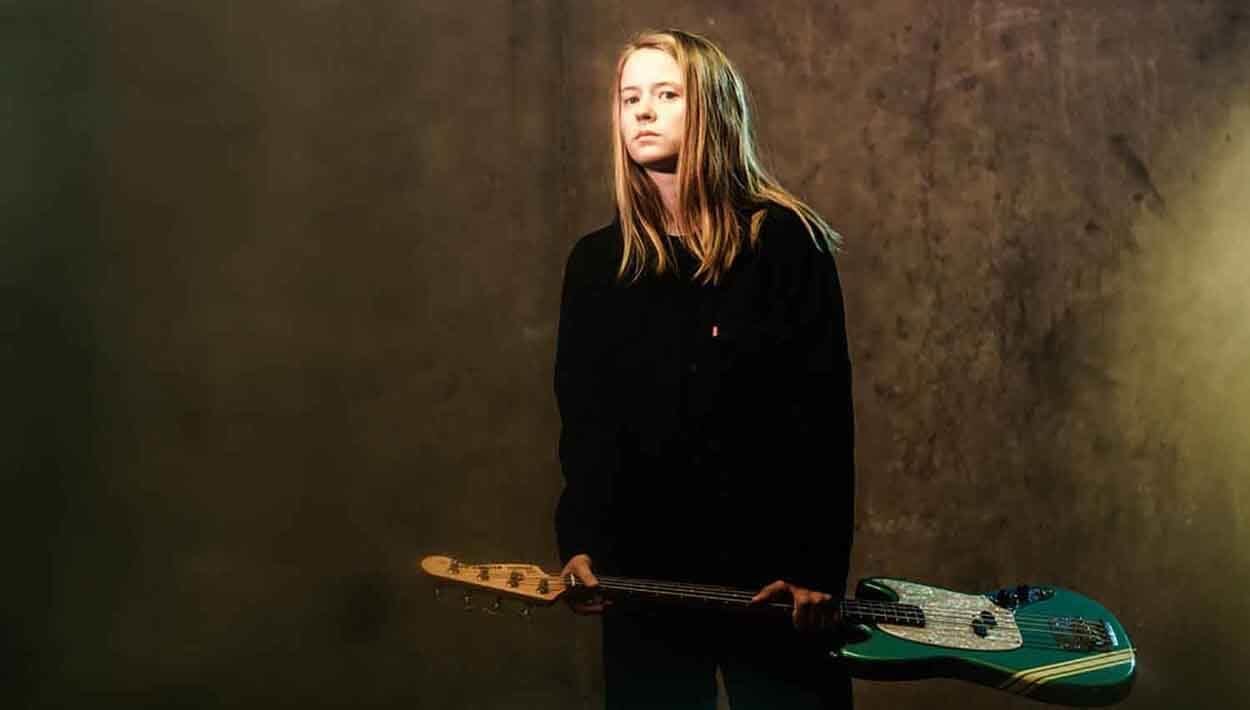
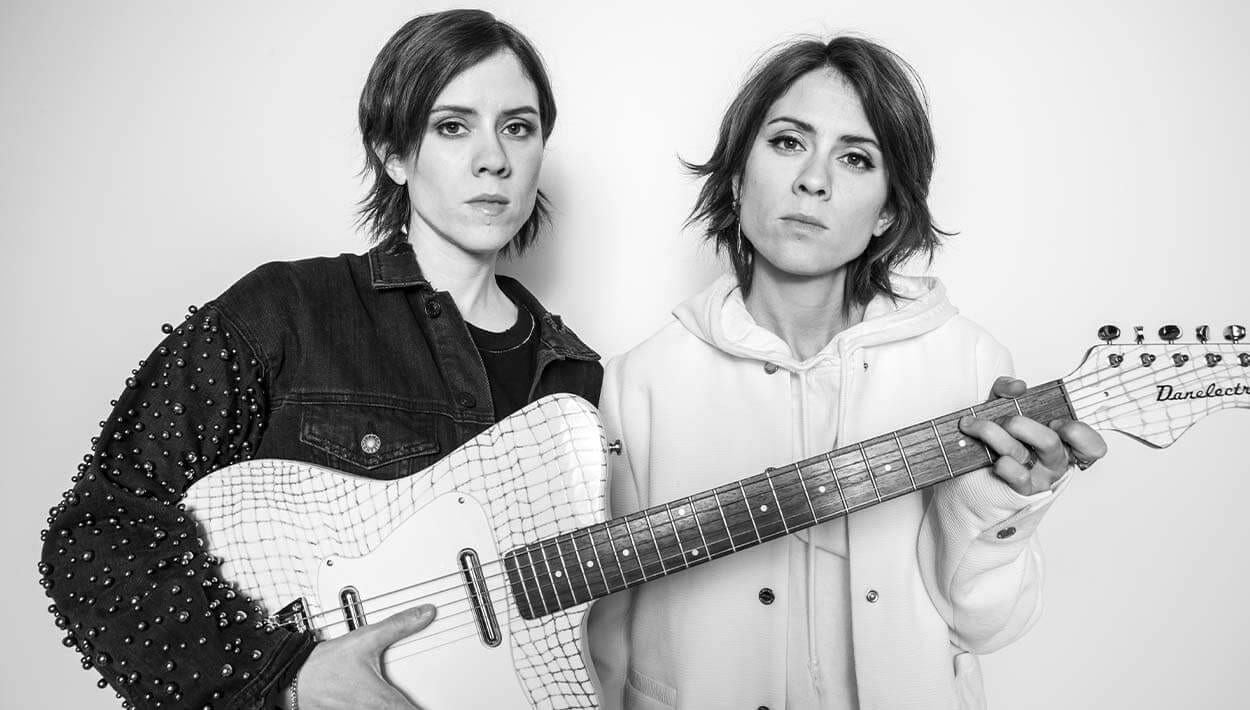
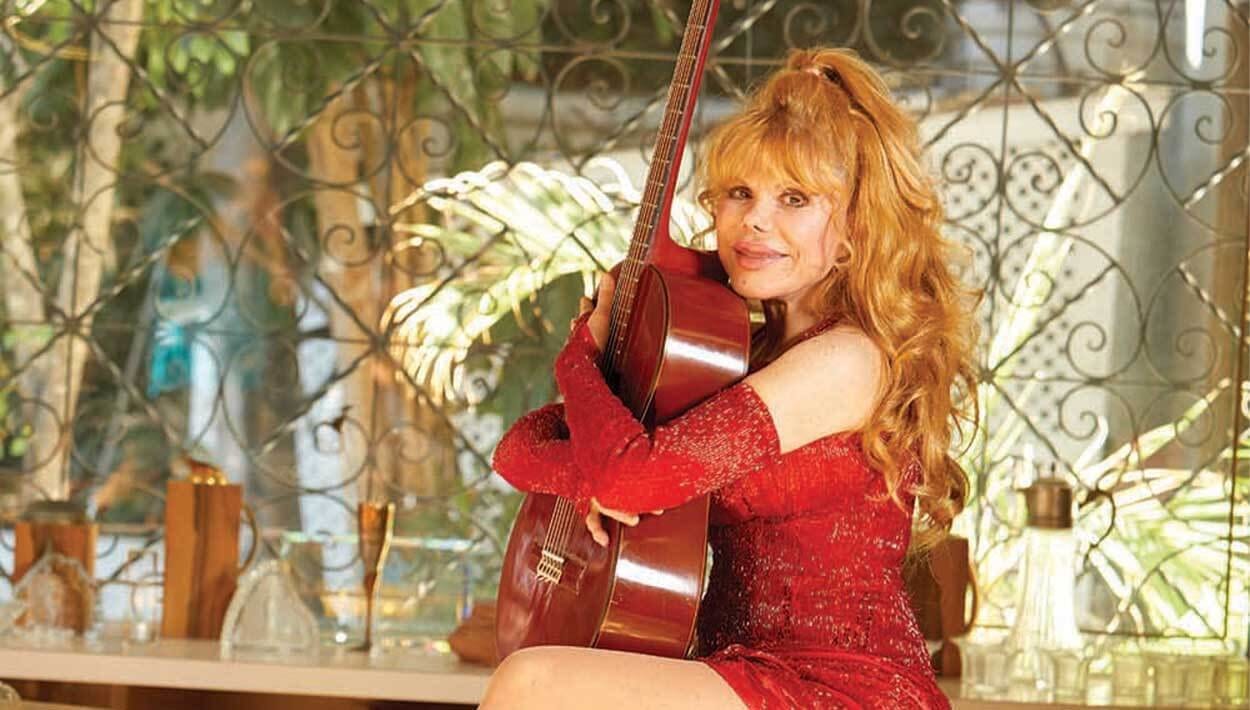
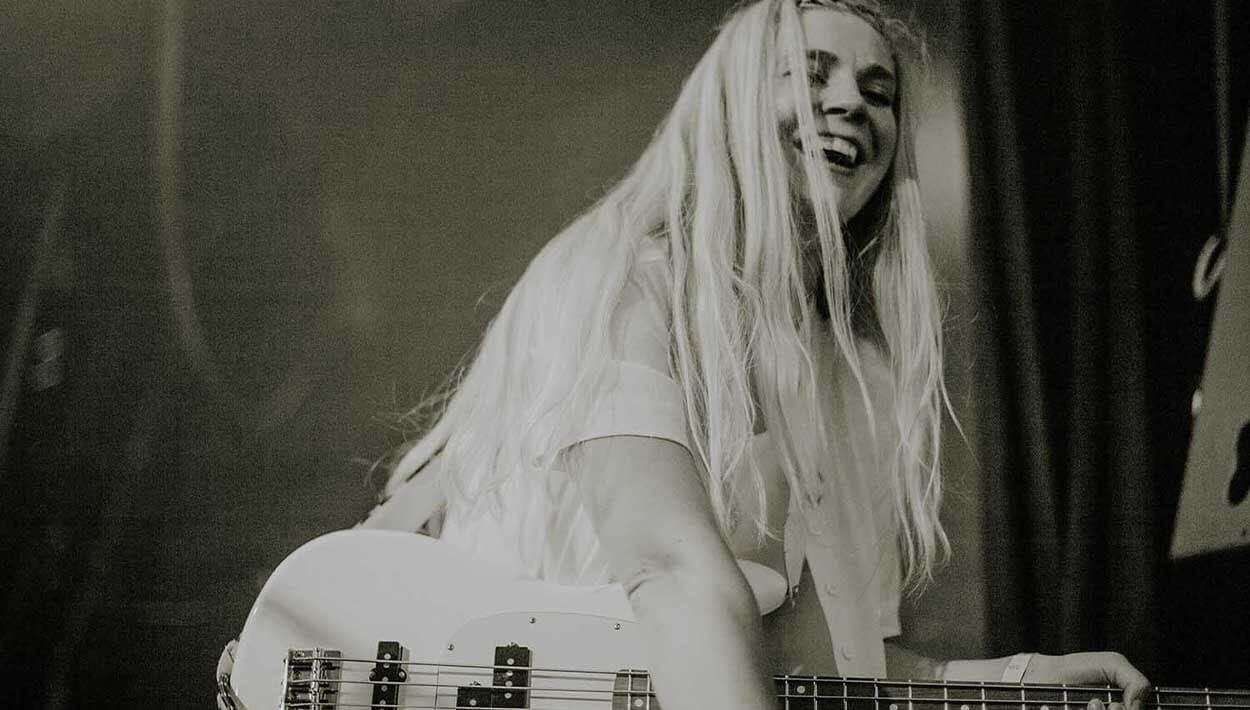
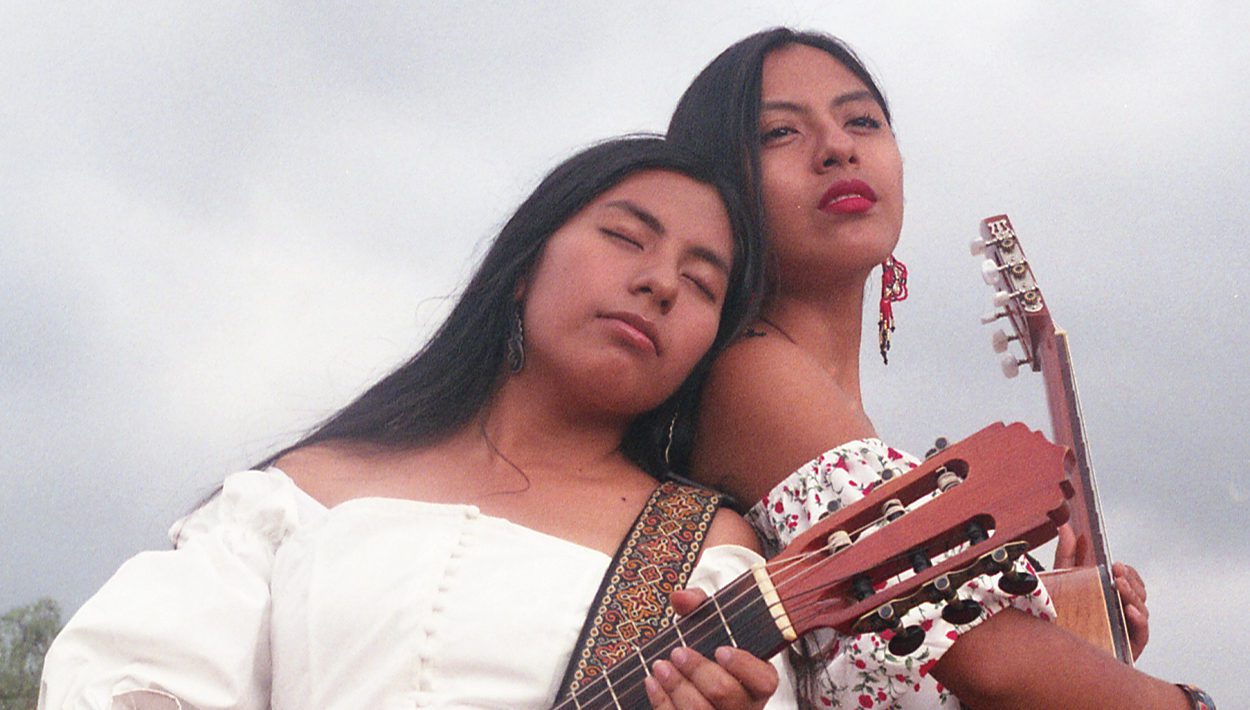
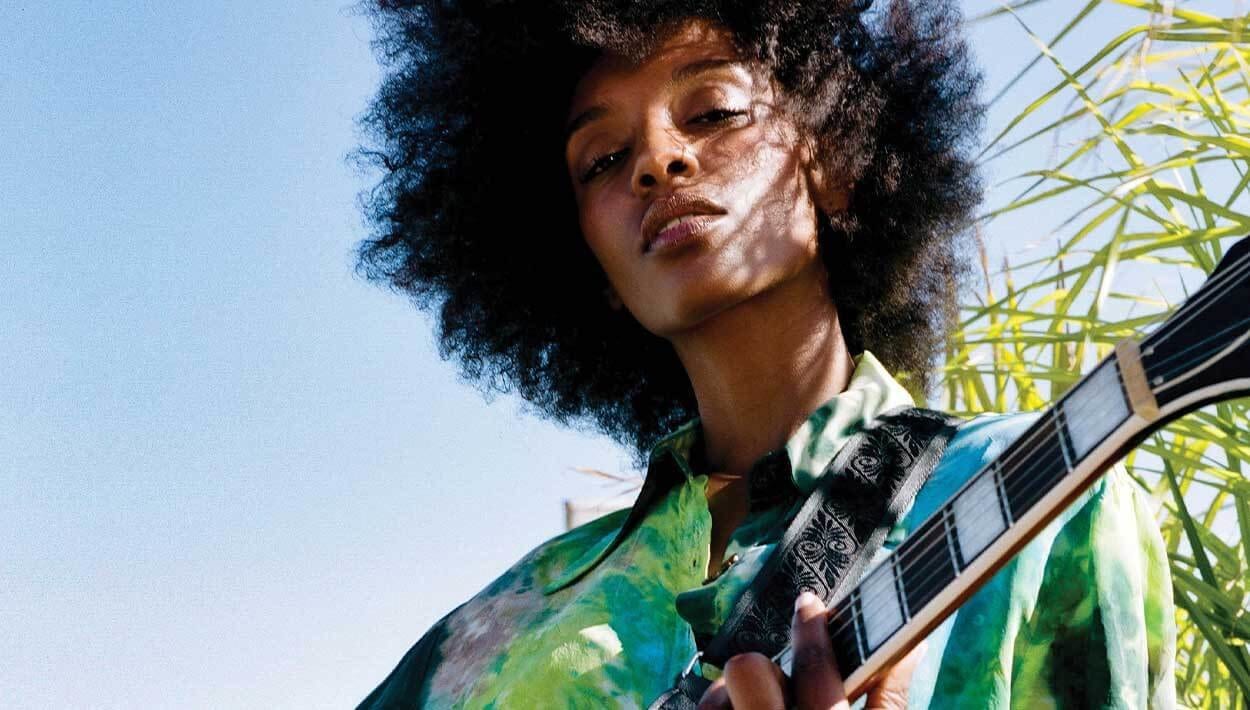
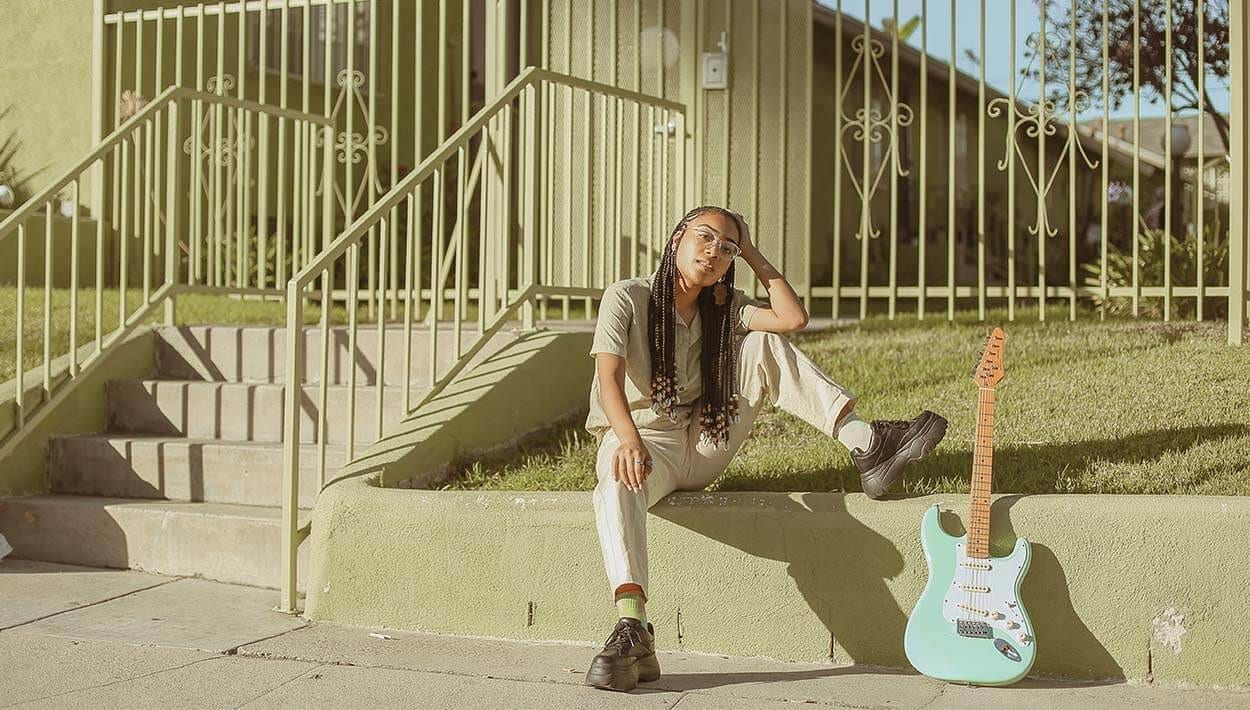
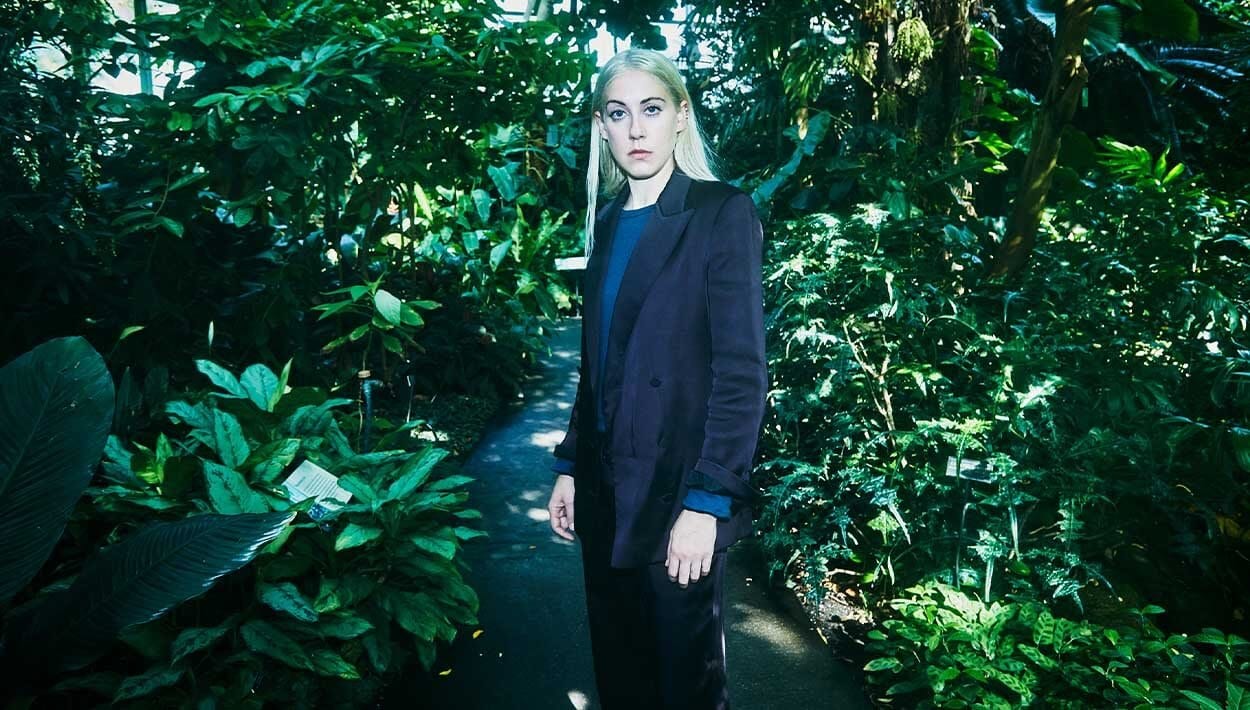
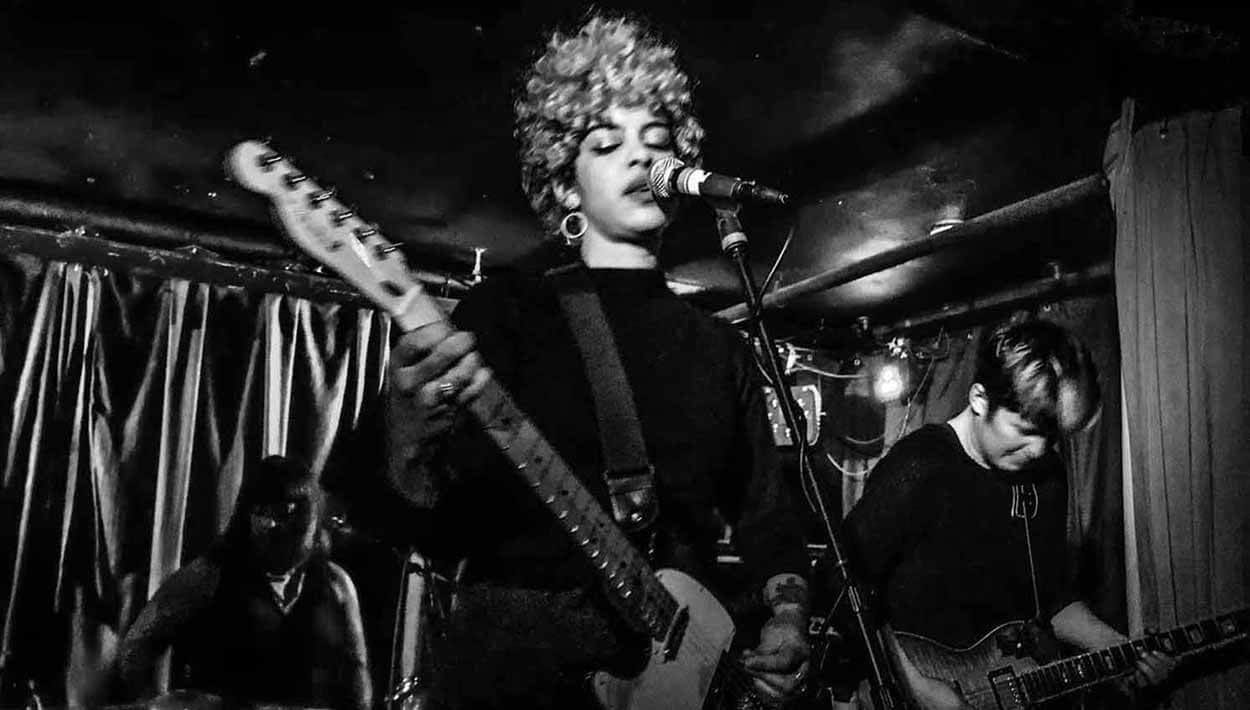


Comments
No comments yet